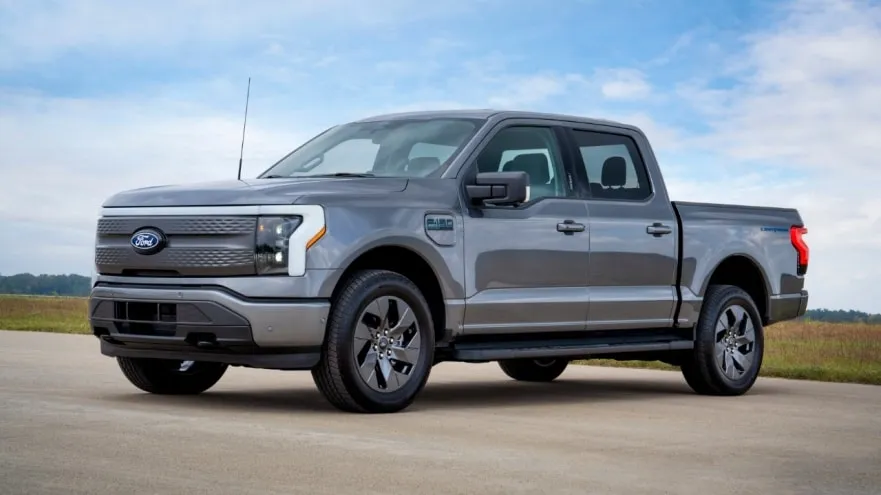Many U.S. car dealerships have not registered to begin offering the federal EV tax credit at the point of sale when that option becomes available Jan. 1.
More than 7,000 dealerships have registered with the IRS to offer tax credits of up to $7,500 as point-of-sale rebates, the U.S. Treasury Department said Friday. But there are nearly 17,000 franchised dealerships selling passenger vehicles in the U.S., Automotive News reported, citing National Automobile Dealers Association (NADA) data.
2024 Cadillac Lyriq
The gap between the number of dealerships eligible to offer EV tax credits at the point of sale and those that have registered to do so may be smaller than it seems, though. Many dealerships have submitted applications to the IRS that haven’t been approved, while others just don’t sell any vehicles that qualify for the federal EV tax credit, an NADA spokesperson told Automotive News.
Switching the federal tax credit to an instant dealership rebate beginning in 2024 was stipulated in the Inflation Reduction Act (IRA), along with other new requirements that have left the list of models eligible for a new-vehicle EV credit very short, for the time being. Some EVs from General Motors, Ford, and Tesla are expected to drop off the list of eligible models for the coming year, for example.

2024 Ford F-150 Lightning Flash
Dealers selling eligible EVs must register through an IRS portal to offer point-of-sale rebates. That does not apply to the commercial clean vehicle credit, otherwise known as the EV leasing loophole, which has allowed manufacturers with captive leasing companies to offer an equivalent discount on EVs that otherwise don’t qualify for the federal tax credit under the IRA rules.
The point-of-sale rebate does apply for used EV tax credits, however, with a separate registration process for qualified dealerships. So whether you’re buying new or used, check with your dealership up front to see if it is registered to offer point-of-sale rebates.
Read the full article here



